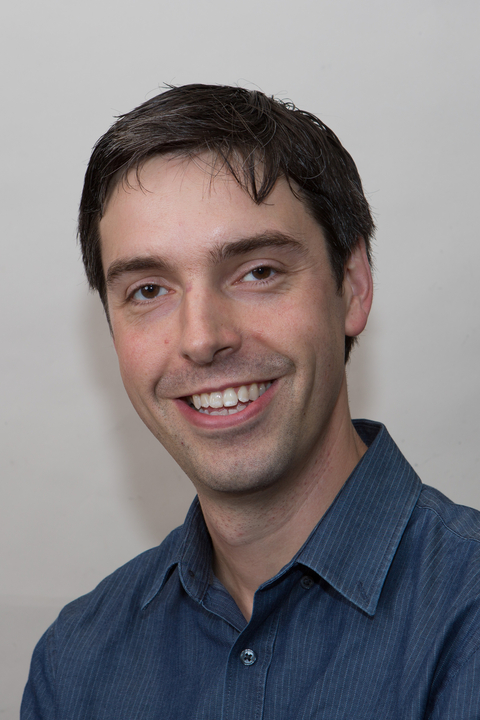Our PhD program takes a distinctively integrative and interdisciplinary approach in investigating the systems of knowledge that comprise our linguistic competence.
Graduate Program
Program and Policies
The conception of linguistics embraced by the Yale PhD program requires that students receive training that is both deep in its coverage of areas of linguistic inquiry and broad in the range of methodological approaches. The course work requirements are designed to accomplish these complementary goals. More information on the Graduate School of Arts and Sciences Programs and Policies page.

Requirements
This requirement ensures that students achieve breadth in at least four linguistic subfields, such as the following: Language Change, Phonology, Neurolinguistics, Syntax, Semantics, Morphology, Phonetics and Computational Linguistics.
See the Linguistics Program at GSAS for specific course information.
This requirement ensures that students achieve sufficient training in different linguistic methodologies, such as the following:
- Experimental Methodology
- Statistical Modeling
- Computational Methods
- Field Methods
- …
See the Linguistics Program at GSAS for specific course information.
One of the methodology courses must be taken during the first year of the program, and two must be completed by the end of the second year. Courses cannot simultaneously satisfy the foundational and methodology requirements.
This requirement ensures students participate in advanced seminars in which they read the original literature of the field and write a research paper. Seminar courses are typically 790s-numbered LING courses, however, active participation in a department reading group, including the submission of a final research paper, also satisfies this requirement.
Students are expected to exhibit some breadth in their knowledge of the languages of the world beyond those most commonly studied and those most similar in structure to the student’s first language. Field Methods, fulfills this requirement. Alternatively, students may instead take an appropriate language structure course, or one or more courses characterized as L3 or higher at Yale or the equivalent elsewhere.
Research
The primary focus of a PhD program is independent research. In the course of our PhD program, students carry out cutting-edge linguistic research, culminating in the completion of a dissertation. To help students in the transition from “consuming” to also “producing” linguistic research, there are a number of structures and requirements in place.

Research Milestones
By the end of the first term of the program, students find a department faculty member who acts as their research advisor. This choice should be made on the basis of compatibility of research interests and discussions between the student, faculty member, and DGS. More on choosing an advisor.
Starting from the spring term of the first year, students work with the help of their advisor to define a topic of research interest, meeting regularly, and carrying out a series of readings on this topic. It is the faculty’s expectation that this exploration will form the foundation for the research reported in the student’s first qualifying paper. See the Linguistics Program at GSAS for more information.
At the conclusion of the first year of the program, students submit to the faculty a portfolio of two research papers, in two distinct areas. The portfolio will typically consist of term papers from courses taken during the first year in the program, and should demonstrate a student’s mastery of the material in these fields to the level covered in the core courses in the area, as well as the ability to identify a significant research question and argue for a possible solution.
See the Linguistics Program at GSAS for more information.
During the summer after their first year, students will prepare an annotated bibliography and research plan (ABRP) for their first qualifying paper. The ABRP, which should be approximately twenty pages in length, should lay out the question that the student wants to explore, motivating its importance through a presentation and synthesis of relevant past literature on the topic.
See the Linguistics Program at GSAS for more information.
Once the ABRP has been completed, the student will proceed to work on the qualifying papers (QPs). The goal of the QPs is to develop a student’s ability to conduct independent research in linguistics at the level of current scholarship in two different areas of linguistics. The faculty expect a QP to report on the results of a substantial project, which are written up in a manner consistent with the standards of the field, and to be eventually published in an academic journal or working papers. Each QP should be in a different area of linguistics with a different advisor.
The process of writing each QP is broken into a number of smaller steps, including a department presentation, with specific deadlines for each. See the Linguistics Program at GSAS for more information.
By the beginning of the fourth year, students will present a dissertation prospectus (~15 pages in length) to the entire faculty. The prospectus should lay out clearly the student’s proposed dissertation topic. It should motivate the importance of the topic, present the core idea of the proposed work together with its promise and viability, and demonstrate how this work fits into past research in the area. The prospectus should also identify a dissertation committee.
After it is submitted, the prospectus is defended orally in front of the faculty. Upon successful completion of the prospectus defense, students advance to Ph.D. candidacy.
See the Linguistics Program at GSAS for specific information on the Prospectus.
By the end of the seventh term, students must complete a chapter of the dissertation, together with a detailed outline of the dissertation and comprehensive bibliography. When the dissertation committee approves the chapter and dissertation outline, students are eligible for a University Dissertation Fellowship, which will support them in their fifth year of graduate study.
Students are expected to complete their dissertations by the end of the sixth year. At least one month prior to the dissertation filing date, the completed dissertation must be orally defended. This defense will typically involve a public presentation of the main results of the dissertation and oral examination by the members of the dissertation committee.
See the Linguistics Program at GSAS for more information.
Resources
Teaching Assistantships
All students serve as Teaching Fellows for a minimum of two terms, beginning in the first term of the third year. In addition, students must complete two additional terms of assistantship. These are also typically fulfilled via a Teaching Fellowship.
A student with external funding may instead fulfill these two terms with a research project supervised by the Linguistics faculty or by various Yale and Yale-affiliated units.

Director of Graduate Studies
Any questions about the graduate program can be directed to the DGS.
Associate Professor & DGS
